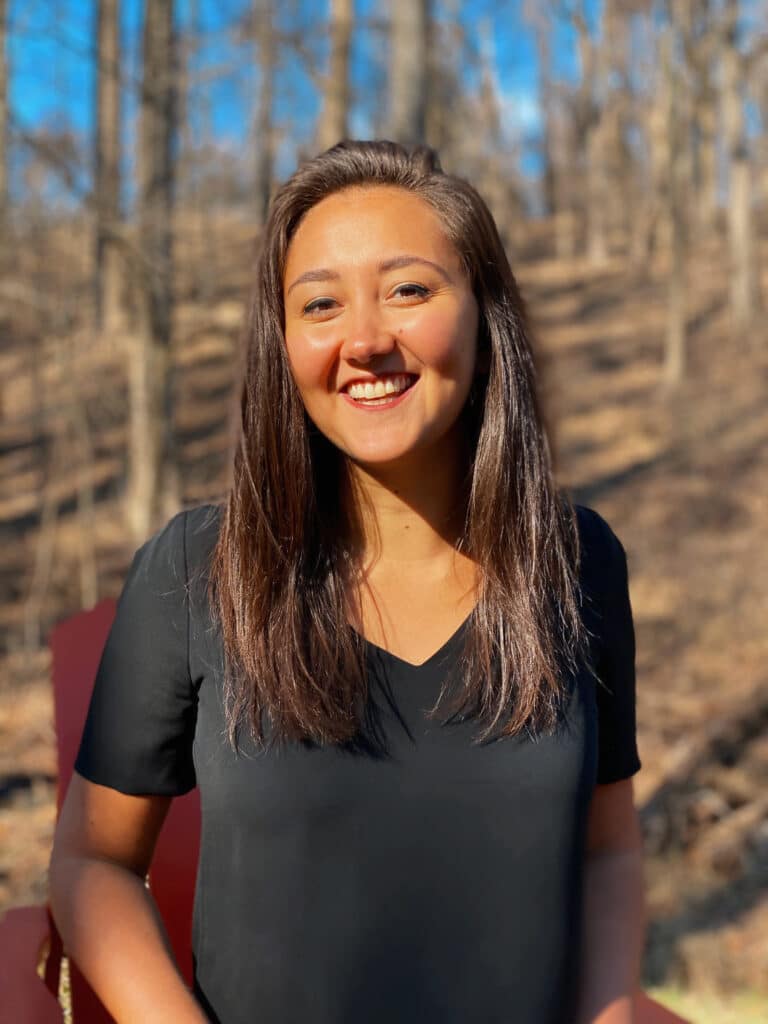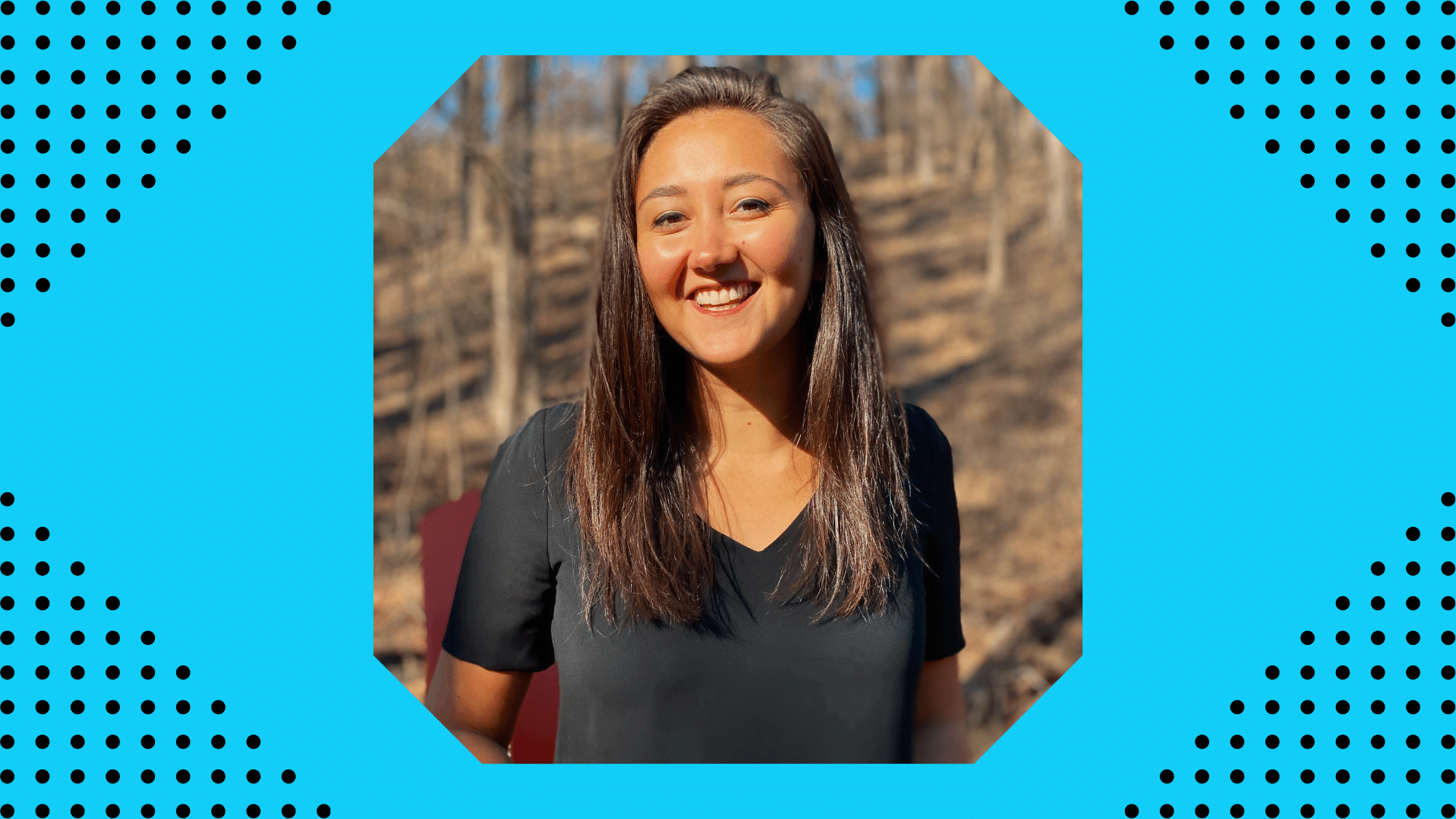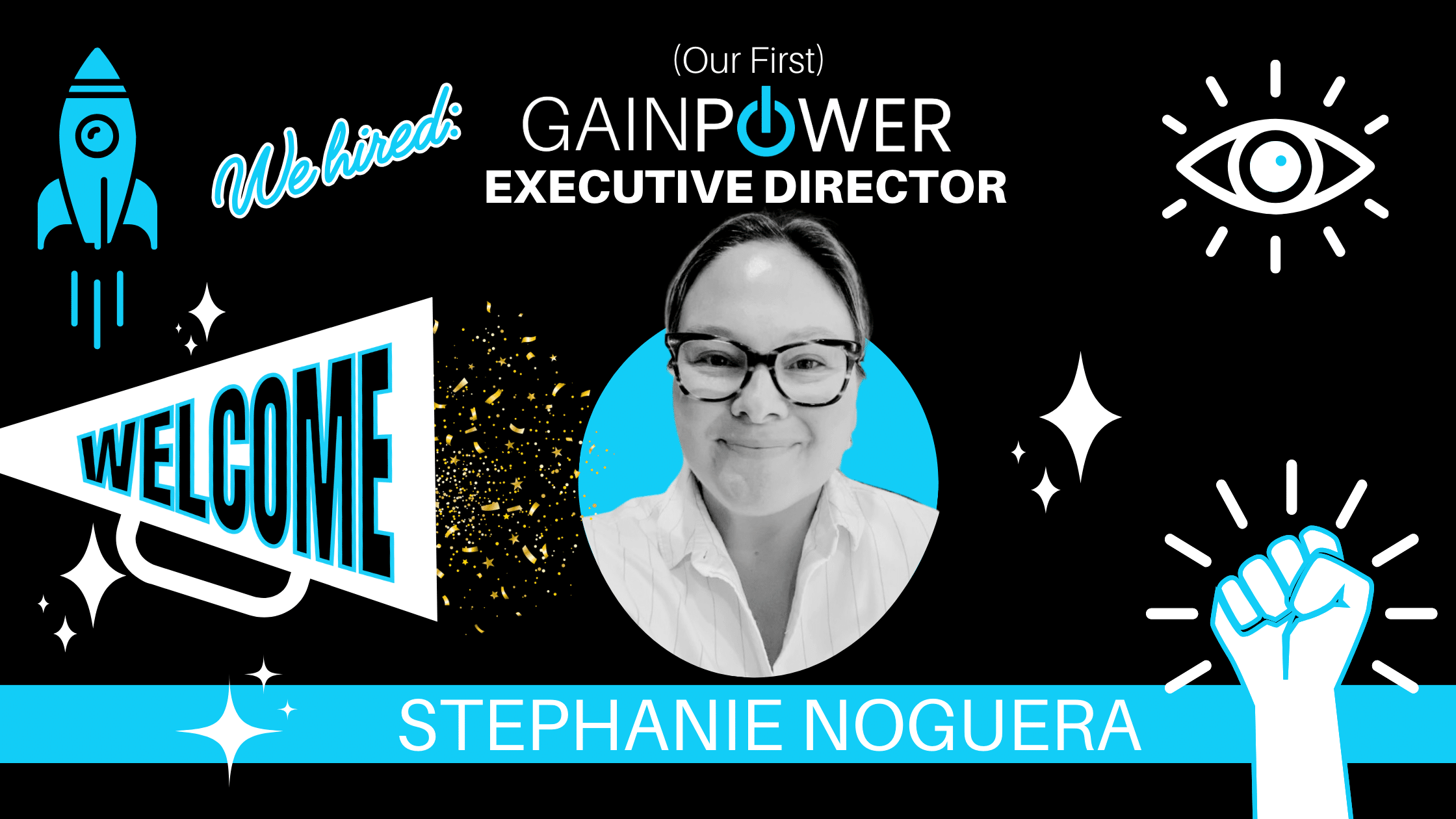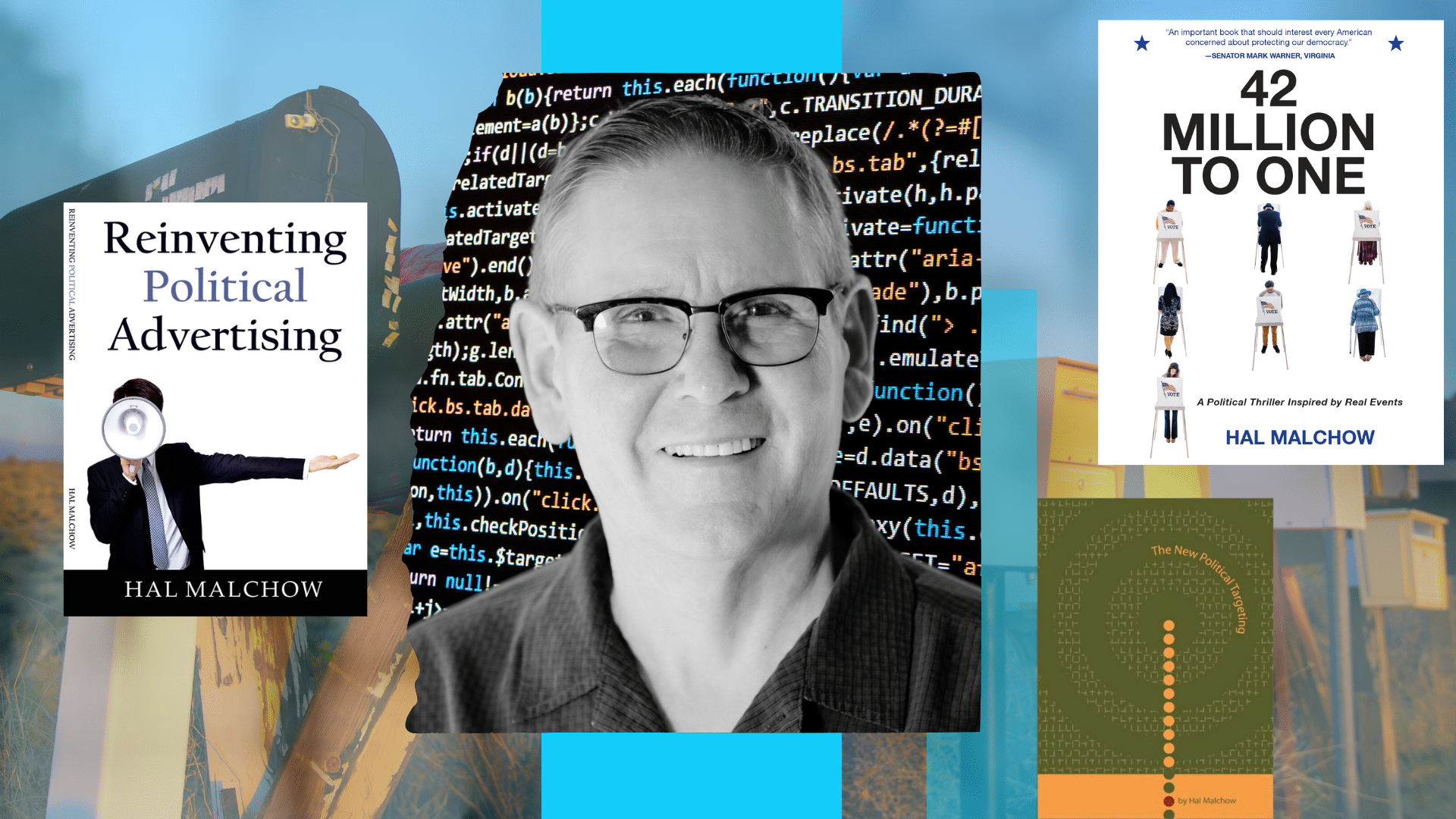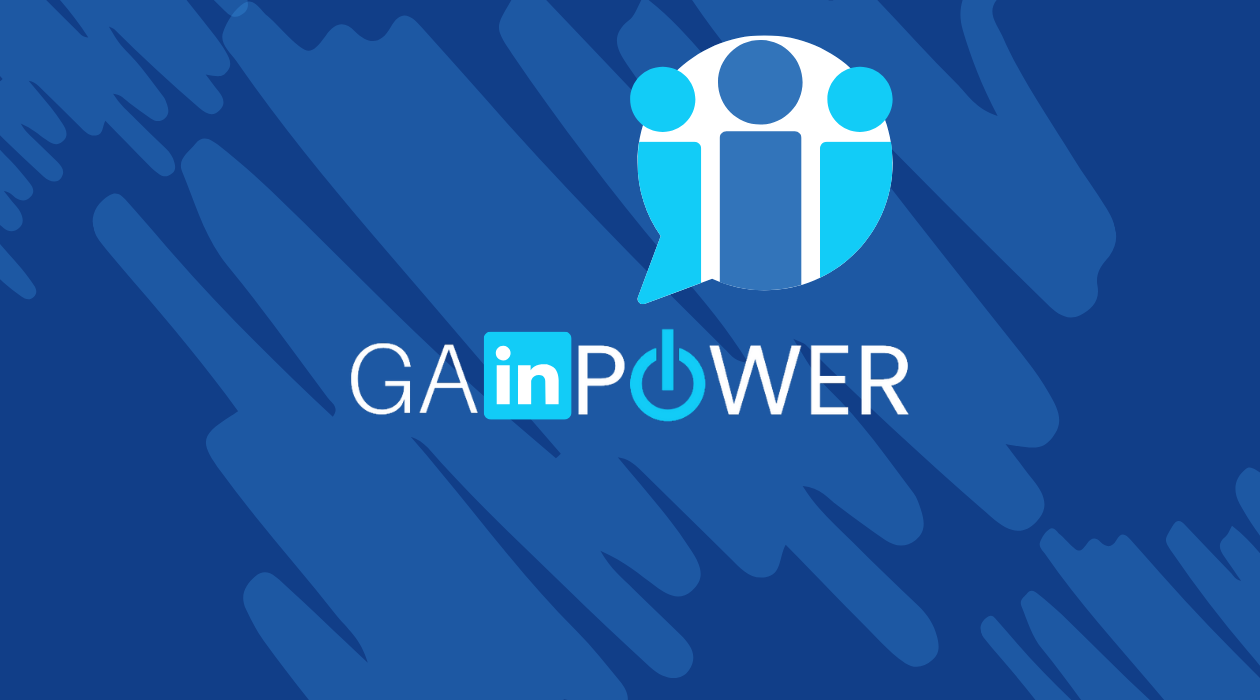Here at GAIN Power, we are always looking to spotlight different political progressives and changemakers. If you or someone you know would like to be nominated, please fill out this form!
Our spotlight this week is on Lorenza Ramírez! We are so proud to be able to feature her and her work.
Can you give a brief background and introduction about yourself?
LR: I most recently was the Organizing Director in Arizona for the coordinated campaign. What that means is obviously electing Democrats from top of the ticket and down. Before that, I was in Arizona in 2020 for the Biden-Harris coordinated campaign and I ran the statewide Latino outreach program. We ran the largest Spanish-language content program in the country, which I was really proud of. Then, we built on that foundation during the midterms and that was a big reason why I stayed in AZ after the presidential cycle.
Before all my work in Arizona, I worked for Senator Warren for 3 years, starting out in her Senate office, on her Senate re-election team, and then on her Presidential Exploratory Committee. Afterwards, I moved out to Iowa for a year as a regional organizing director.
What does your day-to-day work look like?
LR: As an organizing director, it’s obviously a lot of people management; so managing your team of managers, and externally managing expectations with other departments that have external stakeholders.
I think my favorite parts, though, are the moments where it’s a lot of training. So a lot of staff professional development, both managers as well as organizers. I think some of my favorite moments in the campaign were leading an all-staff, or an onboarding, and those sorts of things where you get to bring people into that process. Something that I didn’t know about organizing, especially being like a manager in organizing, is how data driven it is. A huge part of your day and in every role I had as a manager is analyzing the data and looking at the numbers, asking what systems, structures, and expectations do we have in place so that we can have more effective programs. That was a big point of emphasis for us, with our team, to make sure that they felt prepared to handle and manage their data.
Why did you choose this line of work?
LR: I had gone to Tufts thinking I was going to study international relations. After the 2016 election, I really felt like I needed to focus on domestic politics before I could even think about going abroad. I had never done strictly electoral work, my area was more issue advocacy, specifically in immigration. I used those interests after the election working for Senator Warren in her Boston office doing constituency casework. I found this very rewarding and productive and thought I wanted to do that for the rest of my life. I was very lucky to have a mentor who recognized how much I enjoyed the people-part of the work, and she recommended that I should be an organizer.
How does your work specifically impact the political climate that we’re living in?
LR: In electoral organizing, you’re giving volunteers an opportunity to change whatever emotions and thoughts they have into action. And it’s not just the volunteer aspect, it’s the voter turnout aspect as well; we want to ensure that the people we are targeting support our candidates, but also that they knew how and had plans to vote.
What is unique about your workplace or your position?
LR: During the cycle, our department was really unique. We completely restructured the organizing department there. Our vision in a state as diverse as Arizona was that we didn’t want to just take the one size fits all approach. So, we established the first Spanish program outreach, which had never existed before, the first campus program outreach, which we never existed before, to ensure that we could tailor our messaging. Our voter contacts were volunteers for all of that to meet the needs of those 2 constituencies.
What has been the most surprising thing you have learned since getting involved in progressive politics?
LR: There’s so much decision-making that happens within the state, and within organizing. It’s why it’s widely advised to anyone that cares about politics to work in organizing as early as possible. You have so much creative agency.
What has been the best part or best memory of your career so far?
LR: I cared a lot about what was happening in the world, but I stayed because of the people. I think the most rewarding piece was hiring people that I see potential in, especially folks from non-traditional backgrounds. It’s about making politics accessible and I felt a big responsibility to really improve that access.
Is there anything that you think campaigns should be doing or should stop? Why?
LR: Campaigns need to fully rethink how they recruit and hire staff. We need to think completely–how are we making these roles competitive in a larger ecosystem, and what can we do to have the talent that we need to win. Then there’s the retention piece, where we have to invest in our staff; this can manifest in things like manager training or overall professional development.
What is one issue you think progressives or candidates themselves could better message? Why?
LR: The importance of Spanish-language outreach. In states like Arizona, with such a large Spanish-speaking population, investing in communications, voter contact, and broader outreach is key. And, it can’t just be translating the messaging; it has to be culturally competent, so that it is understandable.
Lastly, for fun, if you could do another job for just one day, what would it be?
LR: I love graphic design, so I would probably do something related to that!
